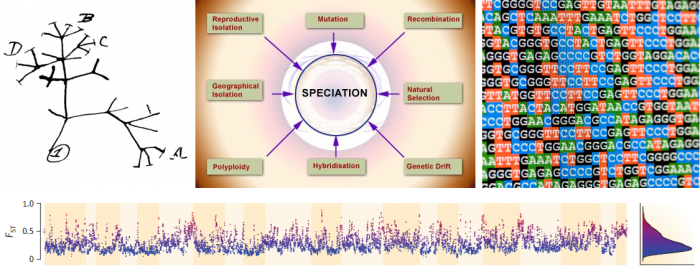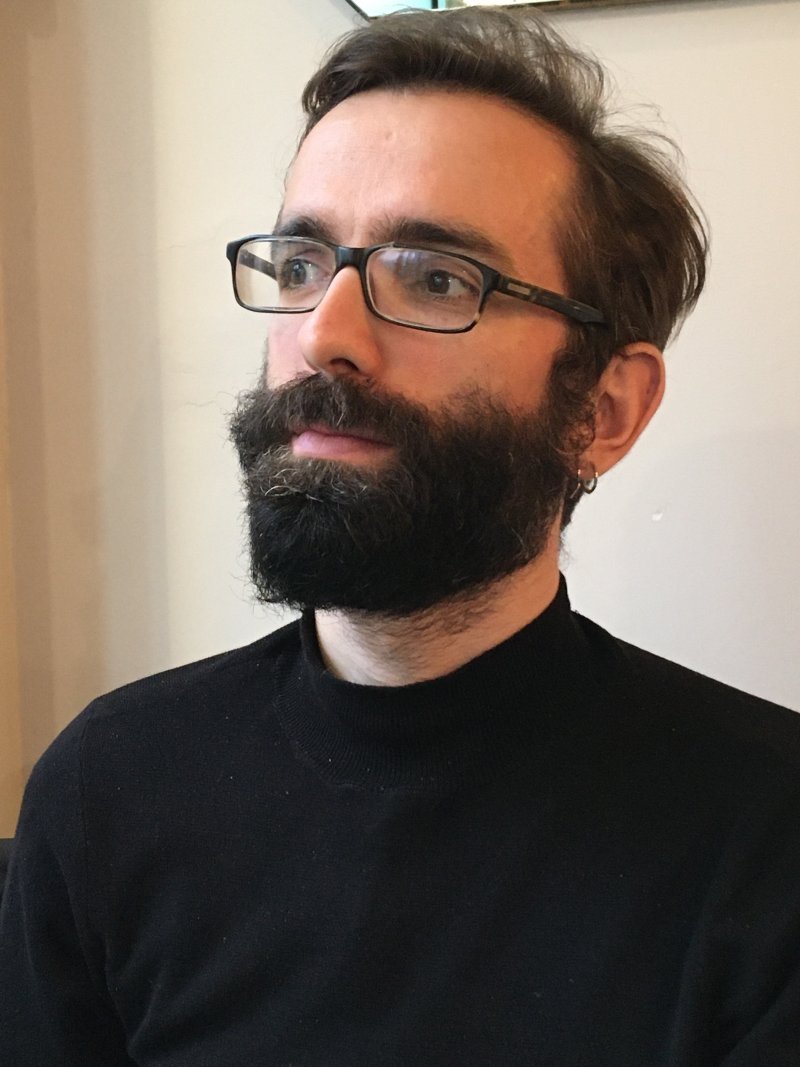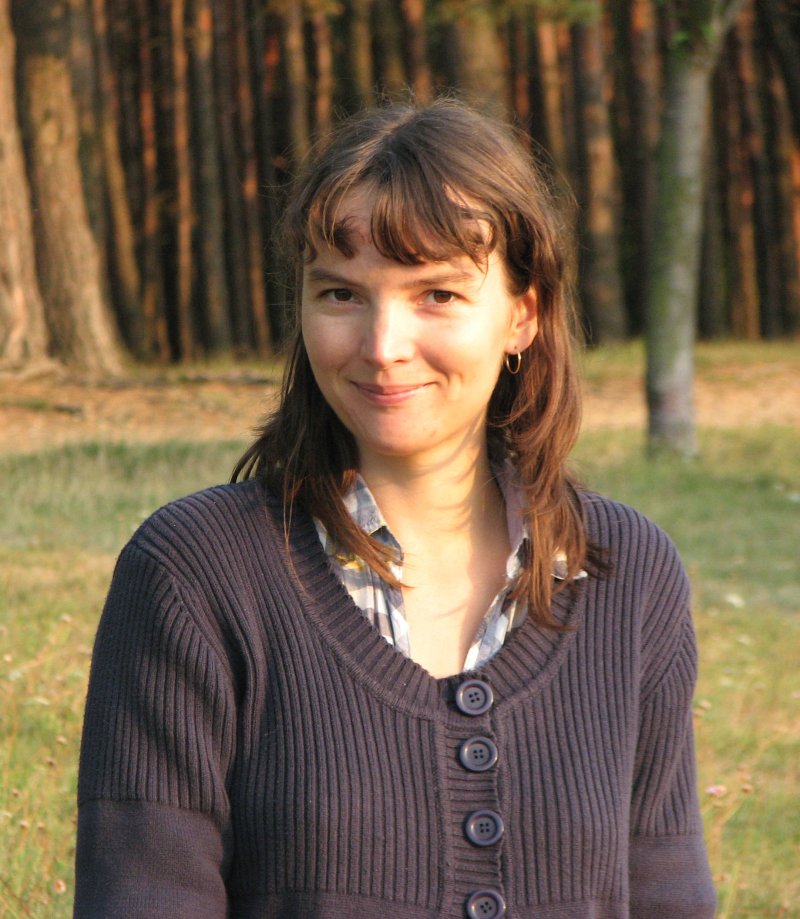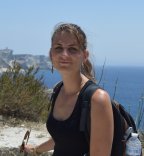 What we are learning
What we are learning

How does a new species arise? With the recent advances in -omics technologies and the ability to sequence complete genomes, characterize full transcriptomes or metabolomes, we have never been as close to the answer as now. This technological boom not only revived the interest of the scientific community for speciation research, but also enriched our knowledge of the processes underlying adaptation and population differentiation. This course covers up-to-date theoretical aspects of adaptation, speciation and hybridization barriers in animals and plants, as well as the modern approaches to address these questions. Students have hands-on practical classes involving state-of-the-art genomic analyses applied to the topics of speciation and adaptation: study design, transcriptomic analyses in hybrids, QTL to determine the genetic basis of adaptation/hybridization barriers, genome scans searching for selective sweeps… They are based on data adapted from actual recent research works.
 How we are learning
How we are learning
As much as possible, the course involves evidence-based and modern methods of teaching: active learning, peer learning, and constructive alignment, meaning that the teaching activities and the final exam are tailored towards well-defined intended learning outcomes. These learning outcomes encompass several orders, from remembering to creating, based on Bloom’s taxonomy of learning. In simple words, the major intended learning outcome of the course is for the students to be able to critically think for themselves when it comes to genomics and speciation.
Also, genomics is in fast evolution, constantly reshaping our views on speciation. By inviting a wide range of experts to teach in the course, we aim at having the course as close to current research as possible, and as far as possible from text books. This applies to practical classes too, that we designed as “mini research projects” with a biological question, an experimental strategy, and a scientific report written by students in the form similar to a scientific article.
In a word, we, the pedagogical team, have one ambition for the students: that at the end of the course, they will be able to understand and lead current research on the topic of genomics and speciation.
 The pedagogical team
The pedagogical team
The team is large enough to encompass a wide range of experts, ensuring the most up-to-date and cutting-edge teaching provided to the students.
 |
Clément Lafon PlacetteBeing a molecular biologist by education, my strong interest in evolutionary biology and genomics led me to move towards these fields. As a result, my research interconnects evolutionary processes such as speciation or natural selection with molecular and development mechanisms, focusing on plant reproduction and its evolution. |
 |
Radka ReifováI am generally interested in the genetics and ecology of speciation. Most of my work is done on birds and mammals. Particularly, I’m interested in the role of sex chromosomes in the origin of reproductive isolation between species. |
 |
Manon PoignetI am interested in ecology, genetics and evolution. My previous work focused on genetic diversity and structure of amphibian populations to improve their conservation. My PhD project is studying mechanisms leading to reproductive isolation in birds specifically on two closely related passerine birds that currently hybridize. |
 |
Stephen SchlebushI am interested in bioinformatics and genomics. My PhD focused on genome assembly and analysis of non-model species, and my current research is looking into some unique features of avian genomes. I therefore mostly analyse sequencing data using a variety of bioinformatic programs. |
Nelida PadillaI am fascinated by the role of polyploidy and hybridization to ecological adaptation and speciation processes. My research combines extensive field sampling with flow cytometry, ecological and NGS data to study the evolutionary processes within polyploid plant complexes. |
 Practical details
Practical details
The course runs in the summer semester.
To enroll, connect to the SIS and click “enroll”: https://is.cuni.cz/studium/eng/predmety/index.php?do=predmet&kod=MB120P…
Once you have enrolled, we will send you all the details regarding the schedule, content, etc. :)
If you encounter any issue, feel free to contact Clément Lafon Placette at lafonplc (at) natur.cuni.cz
